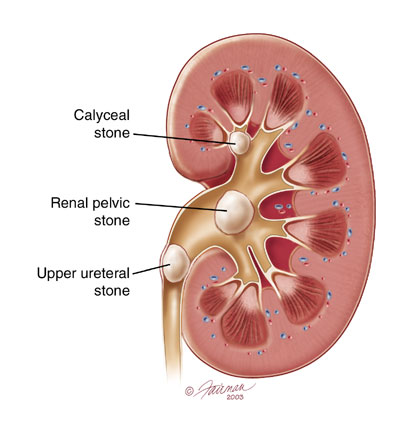New research on kidney stone formation reveals that zinc levels might contribute to an increased risk.
Research from the University of California, published in PLOS ONE opens a new perspective into the cause of urinary stones and related diseases.
We all know people who are prone to kidney stones. Once you’ve developed a first stone, you have a 50 per cent increased risk of developing another.
Zinc is important for the mineralization and calcification processes that lead to urinary stones. As dietary zinc intake drops, urinary oxalate changes dramatically.
The US Kidney Foundation reports that 19 per cent of men and 9 per cent of women suffer from kidney stones. Who knows what the prevalence is here in Australia?
Increased fluid intake is essential, but high oxalate foods need to be reduced. So, foods like celery, carrots, chocolate, cucumber, grapefruit, kale, peanuts, sweet potato and peppers need added magnesium to solubilize the oxalate salts.
High zinc foods therefore need to be considered where there’s a history of kidney stones.
I’ve mentioned how important water intake is. Too much, or too little exercise, weight issues, weight loss surgery or eating food with too much salt or sugar are considerations, as well as infections and family history.
We haven’t moved much in the treatment of kidney stones in the last 25 years, so if you are at risk, be careful with oxalate-rich food (unless you add some magnesium) and watch for zinc in any supplement you are taking.


Leave a Reply